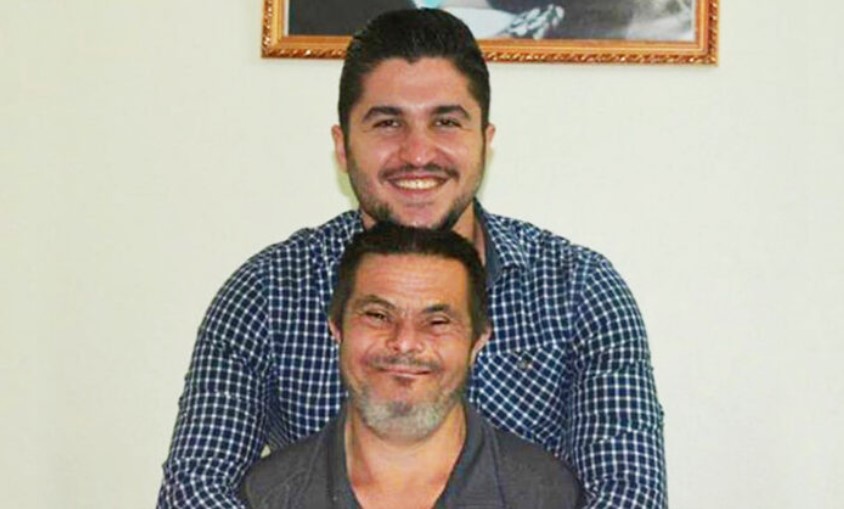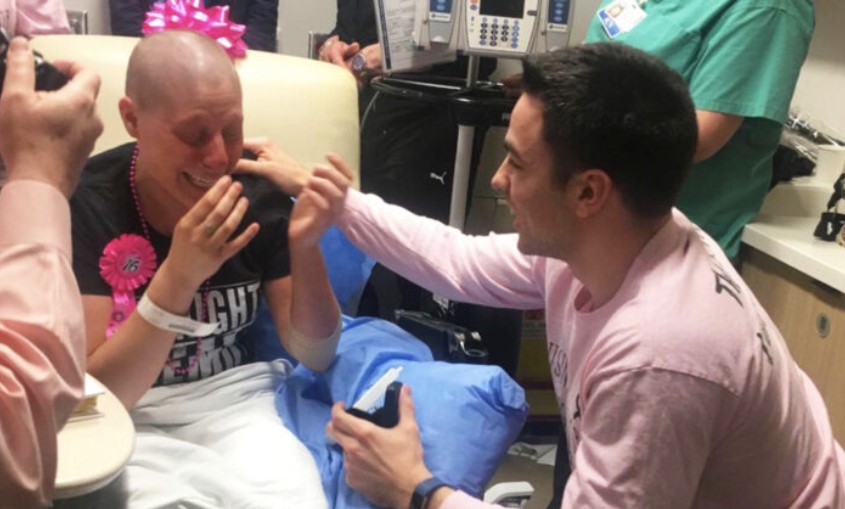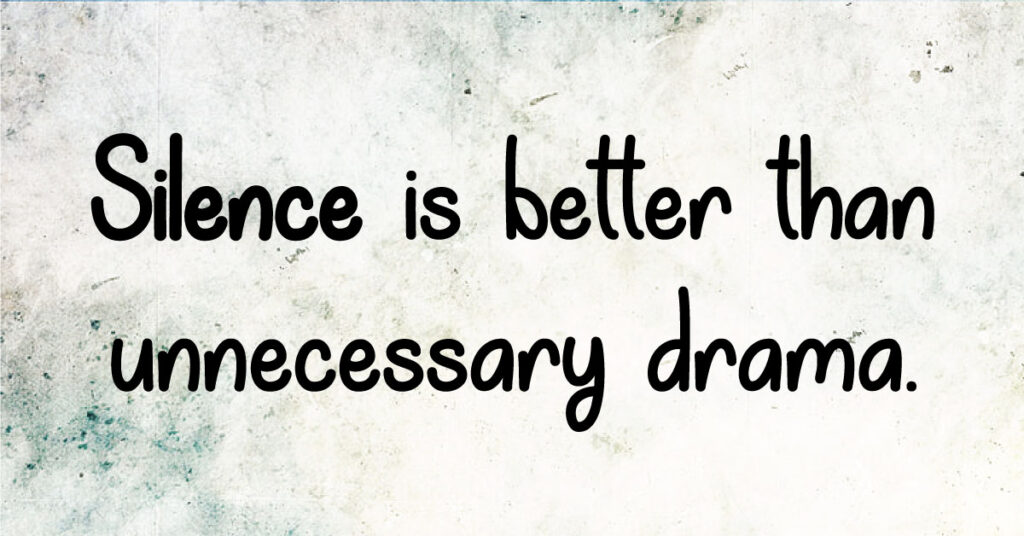Experiencing emotional abuse is a profoundly distressing event that often leaves invisible scars. These scars, while not physically apparent, can inflict deep psychological damage that’s comparable to, or even exceeds, that of physical injuries. The healing process after such an ordeal can be lengthy and arduous, as it often involves unlearning harmful patterns and rebuilding one’s self-esteem.
However, it’s crucial to remember that recovery is entirely achievable. Victims can regain their sense of self-worth, learn to set boundaries and establish healthier relationships. This journey may involve therapy, self-care practices, and support from loved ones.
This article will provide guidance on navigating this healing process. It will offer insights on recognizing the signs of emotional abuse, seeking professional help, and implementing self-help strategies. By sharing these resources, we hope to empower victims of emotional abuse to reclaim their lives and move forward with resilience and strength.
Understanding Emotional Abuse
Emotional abuse is often a covert form of mistreatment, making it challenging to identify. It consists of behaviors that gradually undermine an individual’s self-esteem and mental health. These behaviors can range from humiliation and manipulation to belittling, incessant criticism, and controlling actions. The insidious nature of such actions can leave victims questioning their experiences and doubting their realities.
However, acknowledging that you have been subjected to emotional abuse is the first crucial step towards healing. It’s vital to understand that being a victim of emotional abuse is not a reflection of your character or worth. Recognizing the abuse for what it is allows you to affirm your experiences, absolve yourself of blame, and take the necessary steps towards recovery and self-empowerment.
Seek Professional Help
Therapy or counseling can be an invaluable resource for survivors of emotional abuse. Professionals in this field can equip individuals with effective coping mechanisms to deal with trauma and help them reconstruct their self-esteem that’s often eroded by abuse. Moreover, they can guide survivors in forming healthier relationships moving forward.
Understanding the cycle of abuse is another area where therapists can provide significant insight. They help survivors realize that the abusive behavior they endured is a reflection of the abuser’s issues, not theirs. This understanding is crucial in absolving survivors from misplaced blame and guilt.
Therapy also provides a safe space for survivors to process their experiences, learn from them, and gain the strength to move beyond their past, fostering a healthier and brighter future.
Self-care is Essential
Self-care plays a pivotal role in the healing journey from emotional abuse. It encompasses various activities that nourish your physical, mental, and emotional well-being. Physical activities such as yoga or jogging can help release pent-up stress and enhance your mood. Mindful practices like meditation can foster self-awareness and inner peace.
Additionally, dedicating time to pursue hobbies or activities that you genuinely enjoy can provide a much-needed respite and joy. These acts of self-care are not just about relaxation; they’re a reaffirmation of your worth and a testament to your resilience.
By prioritizing your well-being, you send a powerful message to yourself and others: You are valuable, deserving of care and kindness, and capable of reclaiming your life after abuse. This consistent practice of self-love and care can be instrumental in fostering self-esteem and promoting healing.
Set Boundaries
Setting boundaries is a vital component of the healing journey from emotional abuse. It involves acknowledging your personal limits and effectively communicating them to those around you. Boundaries can pertain to your time, your emotional space, or even physical interactions.
Learning to say ‘no’ is a crucial part of this process. It might be challenging initially, especially if you’re accustomed to prioritizing others’ needs over your own. However, saying ‘no’ without guilt is a powerful assertion of your autonomy and self-worth.
Boundaries serve as a protective barrier, allowing you to interact with others while safeguarding your mental and emotional health. They help create a sense of security and control, which can be particularly empowering for survivors of emotional abuse. Setting boundaries is not just about distancing yourself from harm, but also about moving closer to your authentic self.
Establish a Support Network
Surrounding yourself with people who respect and value you is a key part of healing from emotional abuse. This supportive network can include friends, family members, or even support groups specifically designed for survivors of abuse.
These individuals or groups understand your journey and can provide empathy, encouragement, and validation when needed. Their presence serves as a reminder that you’re not alone and that it’s okay to seek help and lean on others.
Moreover, being around people who appreciate your worth can gradually help rebuild your self-esteem and self-worth, which are often undermined by abuse. This supportive environment fosters a sense of belonging and acceptance, which can be a significant source of strength and resilience during your healing process. In essence, a supportive community acts as a safe haven, facilitating your journey towards recovery and self-discovery.
Practice Mindfulness
Mindfulness is a practice that involves fully immersing yourself in the present moment, without judgment or distraction. It’s about acknowledging your thoughts, emotions, and sensations as they arise, without trying to suppress or change them.
In the context of healing from emotional abuse, mindfulness can be particularly beneficial. Abuse often leads to negative thought patterns and self-perceptions. By practicing mindfulness, you become more aware of these thoughts and feelings. You learn to observe them objectively, rather than getting caught up in them.
This heightened awareness allows you to recognize harmful thought patterns and challenge them. Instead of automatically accepting these negative thoughts as truth, you learn to question them, creating space for positive self-perception and healing. In essence, mindfulness enables you to regain control over your thoughts and feelings, fostering resilience and self-compassion in the healing process.
Forgive Yourself
Forgiveness, particularly self-forgiveness, is a vital step in healing from emotional abuse. It’s common for survivors to blame themselves for the abuse they’ve endured, but it’s crucial to understand that the fault lies solely with the abuser, not the victim.
Self-blame can stem from feelings of guilt or shame, but these are misplaced emotions. Abuse is never justified, and you did nothing to warrant such treatment. Recognizing this is an essential part of the healing process.
Forgiving yourself doesn’t mean forgetting the abuse or absolving the abuser; instead, it means releasing the burden of guilt and self-blame. This act of self-compassion allows you to reclaim your self-worth and rebuild your life. It’s about acknowledging your past, learning from it, and moving forward with resilience and strength.
Final Thought
Healing from emotional abuse is a personal journey that takes time and patience. It’s okay to feel overwhelmed and take things at your own pace. Remember, healing isn’t linear; there will be ups and downs, but with each step forward, you’re reclaiming your life and moving towards a healthier, happier future.








